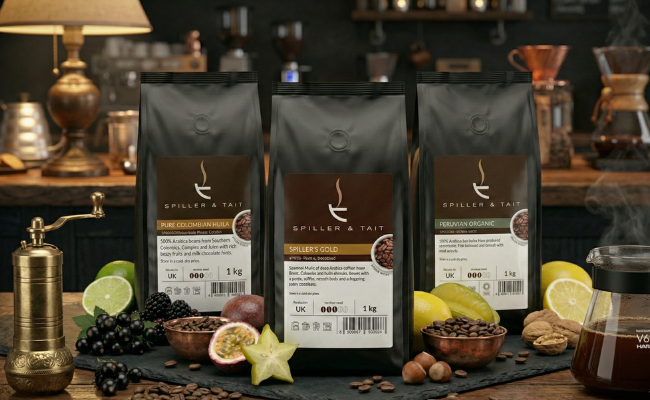News
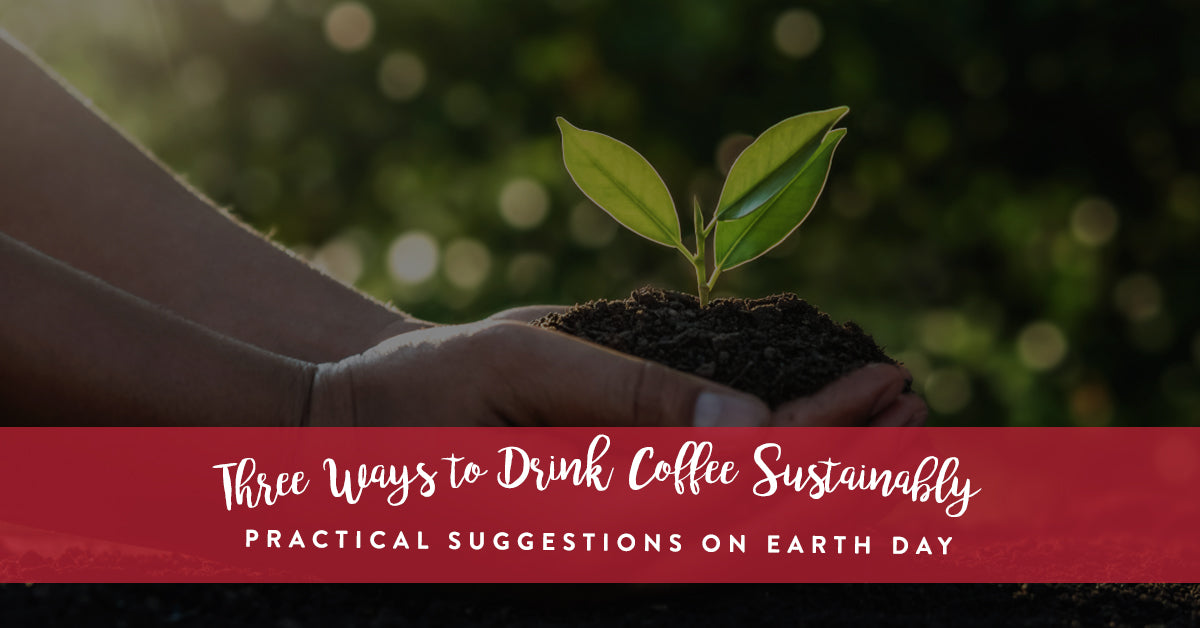
Three Ways to Drink Coffee Sustainably
Earth Day, celebrated annually on April 22nd, highlights environmental issues. Climate change threatens coffee production, impacting millions. Spiller & Tait uses innovative tech to reduce thei...
Read more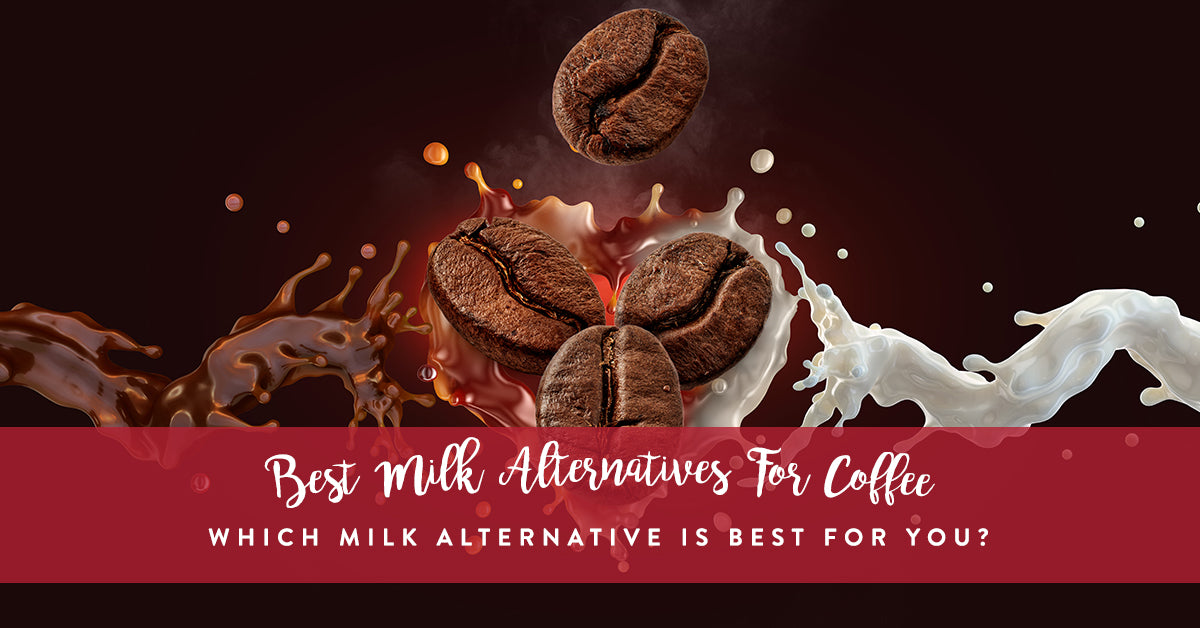
Best Plant Based Milk Alternatives for Coffee
This blog explores the top plant-based milk alternatives for coffee, analyzing their taste, frothing capabilities, curdling tendencies, and sustainability. Oat milk stands out for its full-bodied f...
Read more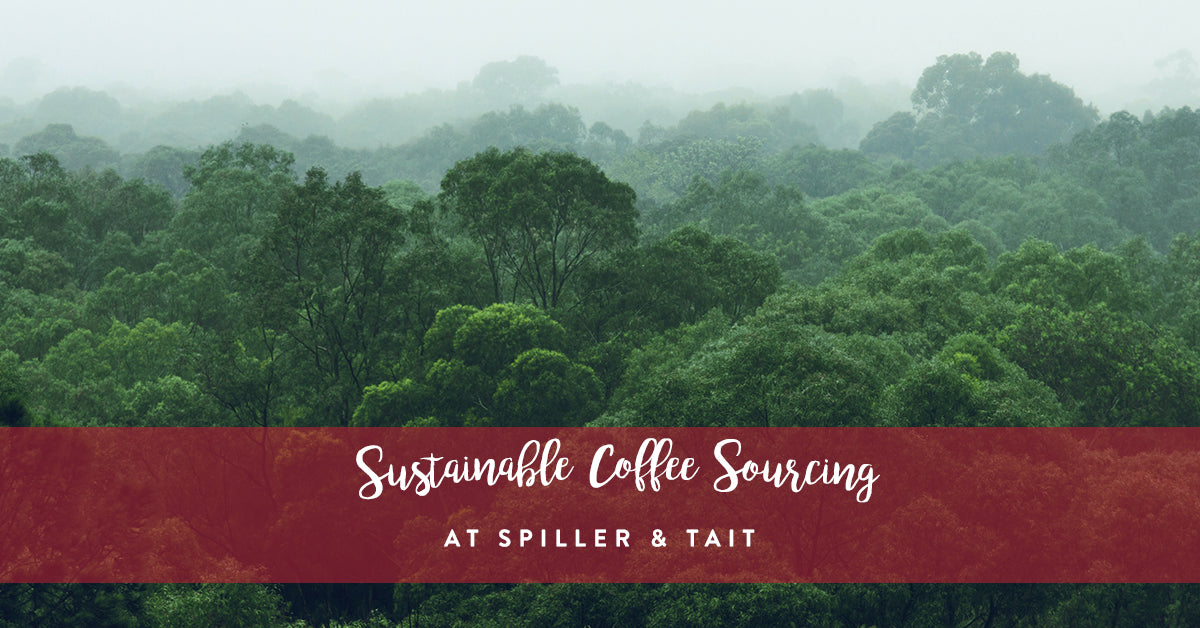
Sustainable Coffee Sourcing at Spiller & Tait
Since starting Spiller & Tait in 2014, we have been committed to ethically sourcing and roasting the highest quality speciality coffee in the belief that coffee beans which have been treated we...
Read more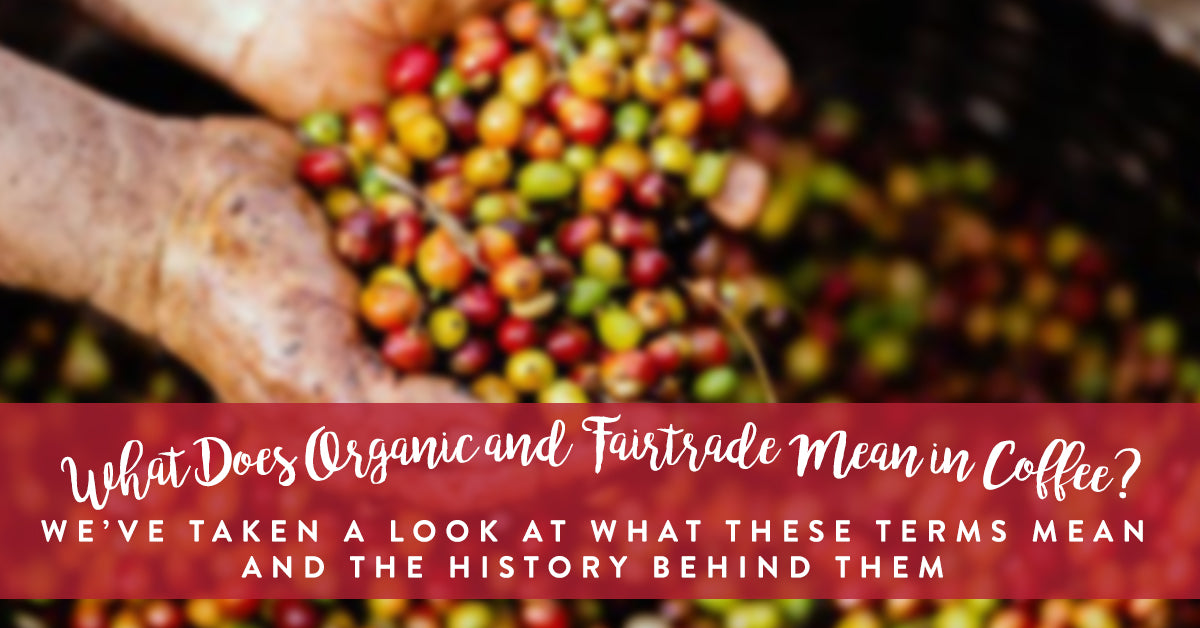
What Does Organic and Fairtrade Mean in Coffee?
Within the coffee industry, terms such as ‘Fairtrade’ and ‘organic’ are very common to see on coffee packaging, but what do they actually mean? We’ve taken an in-depth look at these two terms this ...
Read more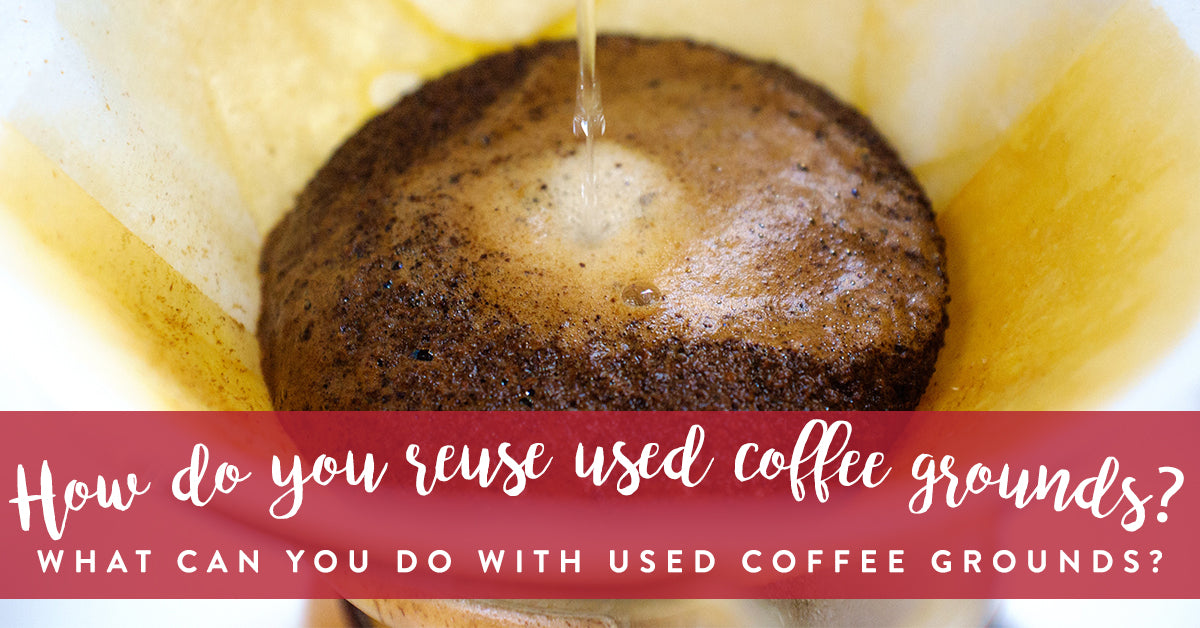
How do you reuse used coffee grounds?
What can you do with used coffee grounds? We first became aware of the various reuse options for used coffee grounds over a decade ago, when Simon and his wife, Caroline, ran a visitor attraction i...
Read more
